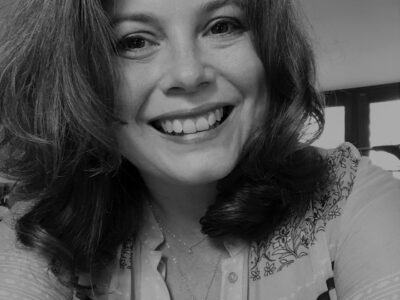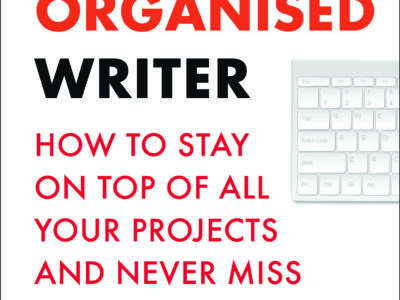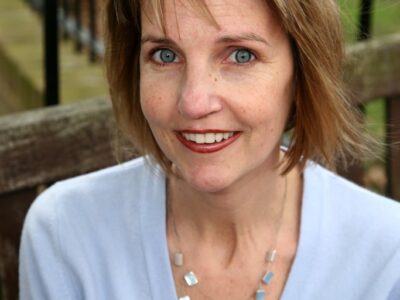Inside Story – The Writing Coach Membership
A guest post by Jacqueline Smith, member of Inside Story. My first experience of The Writing Coach was through joining Inside Story, but I’d first met Jacqui many years ago when she was teaching creative writing courses at Richmond College. Fast forward twenty odd years of life, work and family to February 2021 and the …













